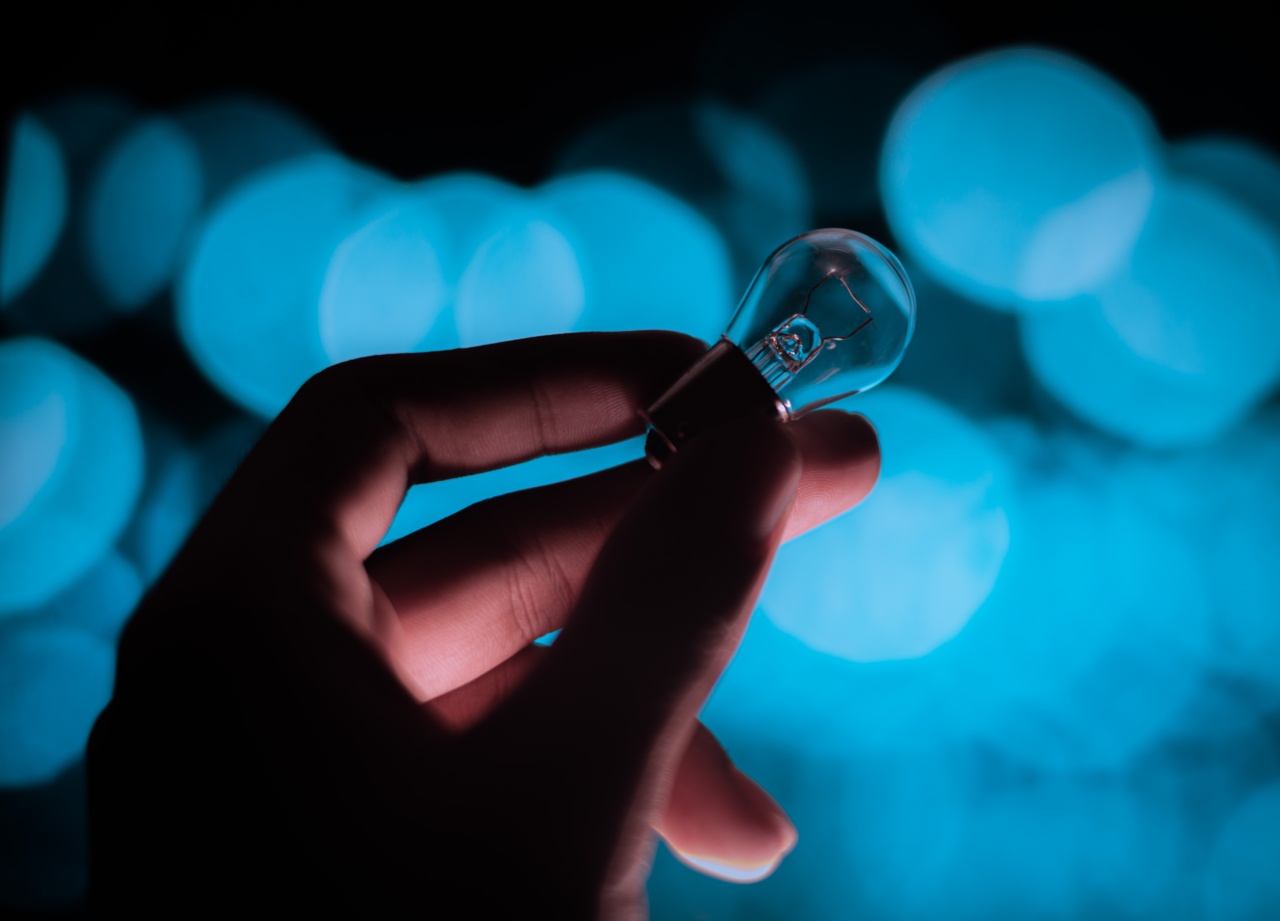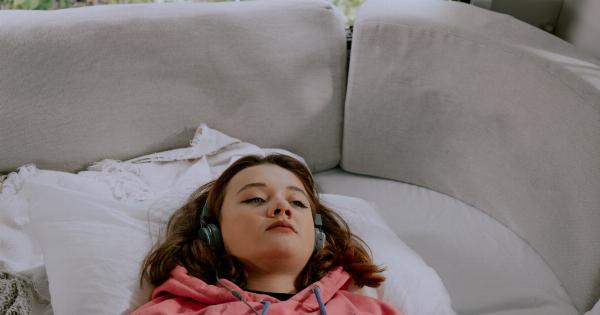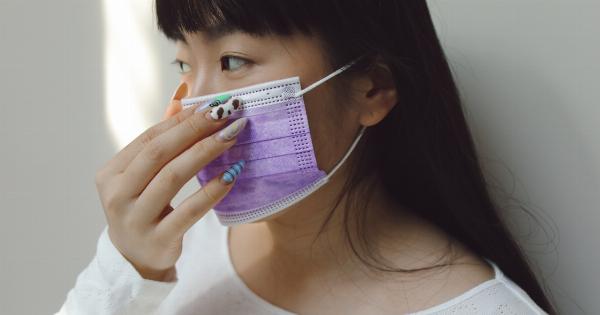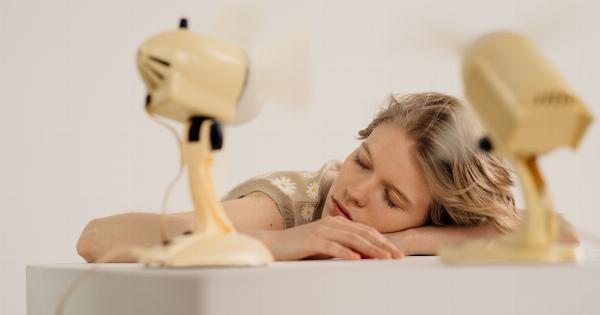Wearing contact lenses can be convenient for people who dislike glasses, but sleeping with them is a big mistake. Even if your contacts are designed to sleep in, keeping them in overnight can create serious risks to your overall eye health.
Keep reading to learn why sleeping with your contacts lenses in is a bad idea.
1. Increased Risk of Infection
When you sleep in your contact lenses, your eyes are deprived of the oxygen they need to thrive. This creates a perfect environment for bacteria to grow, putting you at greater risk of an eye infection.
Bacteria and other harmful organisms can easily stick to the surface of your contact lenses and multiply overnight, causing inflammation, redness, and painful infections that require medical attention.
2. Dry Eyes
Your contact lenses need to move around on the surface of your eyes to keep them moist and lubricated. If you wear your lenses overnight, your eyes don’t get the oxygen they need to produce tears and keep vital oxygen flowing to their surface.
This can cause dryness, irritation, and even vision loss if left untreated. In severe cases, dry eyes can develop into a serious condition known as keratitis, which can lead to permanent damage and vision loss.
3. Discomfort
Sleeping with contact lenses can create serious discomfort, making it difficult to sleep and causing irritation when you do get some rest. Your contacts can irritate your eyes, causing them to itch, burn, and become red.
This discomfort can lead to pain, increased light sensitivity, and even the inability to wear contact lenses entirely.
4. Corneal Ulcers and Scratches
Sleeping with your contact lenses can cause your lenses to rub the delicate surface of your eyes, leading to corneal ulcers and scratches. Corneal ulcers can be incredibly painful and may require antibiotics or even surgery to heal.
Scratches, on the other hand, can become infected and lead to vision loss if not handled properly.
5. Contact Lens Build-Up
If you don’t remove your contact lenses at night, they can start to build up with makeup, oils, and dust from the day.
This build-up can cause your contact lenses to become cloudy, reducing their effectiveness and causing them to become less comfortable.
6. Hypoxia
Hypoxia is a condition that occurs when your eyes are deprived of oxygen. This can cause your contact lenses to become less effective, creating vision problems and increasing your risk of eye infections.
Hypoxia can also lead to redness and irritation in your eyes and reduce your overall eye health.
7. Decreased Contact Lens Longevity
Wearing your contact lenses overnight can decrease their lifespan. Over time, this can lead to decreased effectiveness and a need for more frequent replacements. It can also increase the risk of eye infections and other serious eye problems.
8. Reduced Visual Acuity
Sleeping with contact lenses can reduce your visual acuity and make it harder to see clearly. This can cause problems with depth perception, color vision, and other important visual functions.
It can also make it harder to perform daily activities such as driving or reading, putting you at greater risk of accidents and injuries.
9. Increased Cost
Sleeping with your contact lenses causes them to wear out faster, putting you at greater risk of needing to replace them more frequently. This can increase the overall cost of wearing contacts, making it harder to afford this option over the long-term.
10. Contact Lens Treatment Difficulties
If you wear your contact lenses overnight, you may find it harder to handle them in the morning. This can lead to difficulties removing them, creating irritation and causing other eye problems.
Sleeping with your contact lenses in can also make it harder to apply eye drops or other medications, creating further complications.
Conclusion
Sleeping with your contact lenses in is a bad idea for a number of reasons. It can lead to serious eye infections, create discomfort, reduce vision, and make it harder to treat eye problems.





























